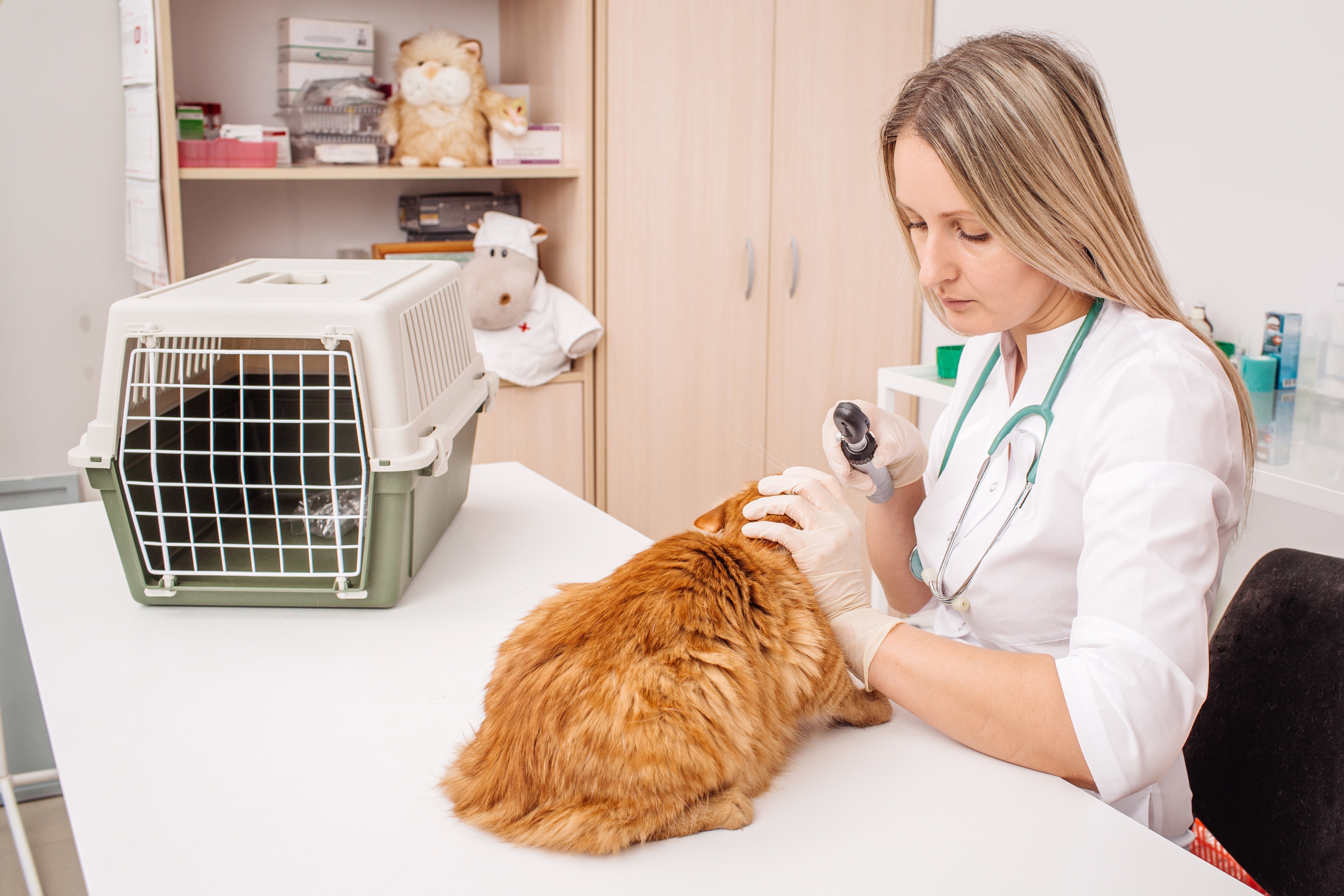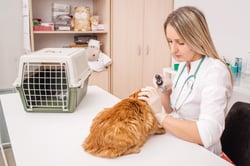
 You are not legally required to use a broker when selling your practice; you can do it yourself. Of course, the valuation, marketing, buyer vetting, drafting of documents, practicing due diligence, meeting with clients, negotiating, overcoming objections, and getting prospective buyers to sign on the bottom line can be a full-time job in itself. Not to mention, your other staff members and clients may be quite stressed out by the prospect of new ownership. Speaking of stress, that alone may give you the answer to your question: why should I use a broker to sell my practice?
You are not legally required to use a broker when selling your practice; you can do it yourself. Of course, the valuation, marketing, buyer vetting, drafting of documents, practicing due diligence, meeting with clients, negotiating, overcoming objections, and getting prospective buyers to sign on the bottom line can be a full-time job in itself. Not to mention, your other staff members and clients may be quite stressed out by the prospect of new ownership. Speaking of stress, that alone may give you the answer to your question: why should I use a broker to sell my practice?
Your broker knows that you value your privacy. Your confidentiality is of the utmost importance, and signed non-disclosure agreements guarantee that your information will not be shared without your permission. The sale of your practice will not be released to anyone, including your staff and client base. Prospective buyers that have been screened will also be required to sign a non-disclosure agreement prior to receiving any sensitive data.

Brokers help sellers obtain a business valuation that is derived from many different components, including financials, legal documents, contributing data, and circumstances. A broker will know specifically what is required to calculate the fair market value for your veterinary practice, and the process will be made as painless and inexpensive as possible for you, the seller.
A veterinary business broker has access to an exclusive database of active buyers, and an established network of advertising and marketing materials. Your business will be marketed using both traditional and modern approaches, including phone and mail campaigns, social media ads and posts, journal advertisements, and the Veterinary Medical Association (VMA) classifieds. Interested parties, that have been vetted, can view an interactive profile of your business by viewing a video and taking a virtual tour of your facility. While reaching out to qualified buyers, your confidentiality will always be maintained.
A broker can assist you in compiling information that will satisfy a buyer’s due diligence inquiries and evaluation of the business. There are several categories of due diligence which may be called for by the broker, including:
A broker has negotiation skills that have been developed for years while dealing in real estate transactions. And unlike a typical seller, they can remain objective when common objections are broached by buyers. Negotiations often require patience, and the ability to stand firm, or know when to agree to concessions. You will be completely informed, and nothing will go forward without your approval.
Selling a practice has the potential to be a stressful situation, especially with all of the nuances involved. A broker can alleviate that stress by streamlining the process, guiding you through it, and answering whatever questions you may have when they come up.
Street Address:
100 Crescent Ct, Suite 700
Dallas, TX 75201
Call Us: 214.593.7158
Email: mlee@praxisinc.com
No Comments Yet
Let us know what you think